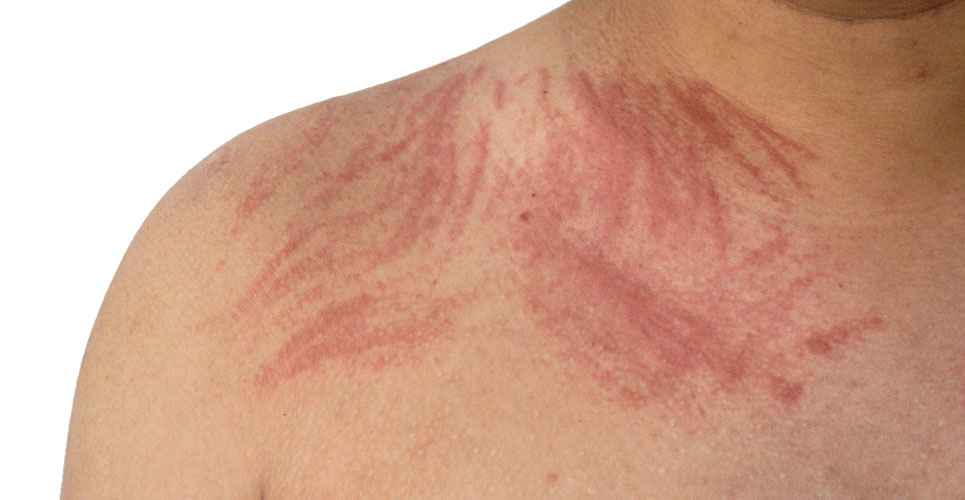Chronic spontaneous urticaria (CSU) is thought to be an autoimmune disorder in nearly half of all cases.
A combination of H1-antihistamines and the anti-immunoglobulin E (IgE) omalizumab have been used to manage the disease but this approach fails to provide adequate symptom control in up to 70% of patients, suggesting that there might be other and more appropriate therapeutic targets.
In this new and exploratory study by Israeli researchers, attention turned to interleukin (IL)-17, which has been shown to play an important role in other chronic and inflammatory autoimmune disorders including psoriasis, rheumatoid arthritis, inflammatory bowel disease and multiple sclerosis.
The rational for targeting IL-17 arises from evidence showing that elevated levels of the cytokine have been found in the serum of those with CSU and that higher levels are positively correlated with disease severity.
A total of 8 patients with severe, treatment resistant CSU were given the anti-IL-17 monoclonal antibody, secukinumab, at a dose of 150mg weekly for 4 consecutive weeks and then 150mg every fortnight for a total of 90 days. Patients were assessed after 30 days at which point disease activity was reduced by 55% compared to baseline but had reduced by 82% after three months in all patients.
Although the authors plan to conduct a larger study they concluded that secukinumab may be an effective therapy for treatment-resistant cases of CSU.
Reference
Sabag DA et al. Interleukin-17 is a potential player and treatment targer in sever chronic spontaneous urticaria. Clin Exp Allergy 2020; May 15.

